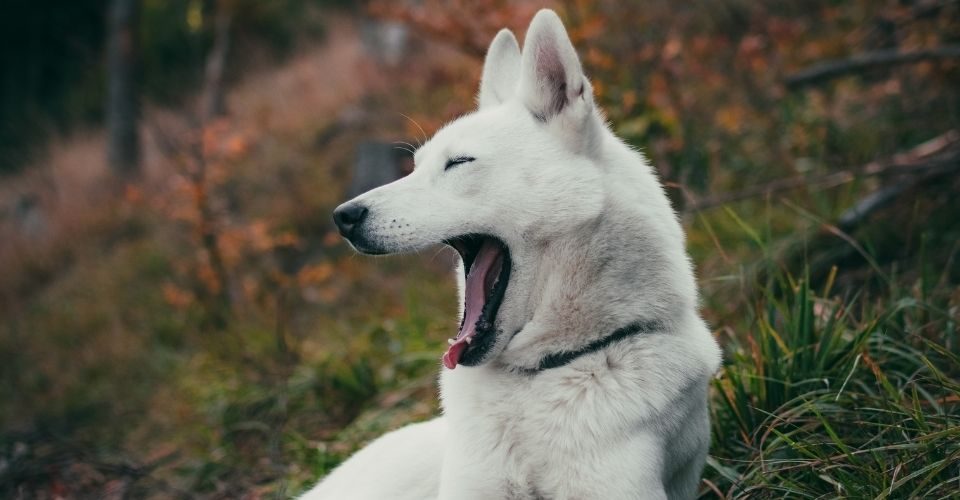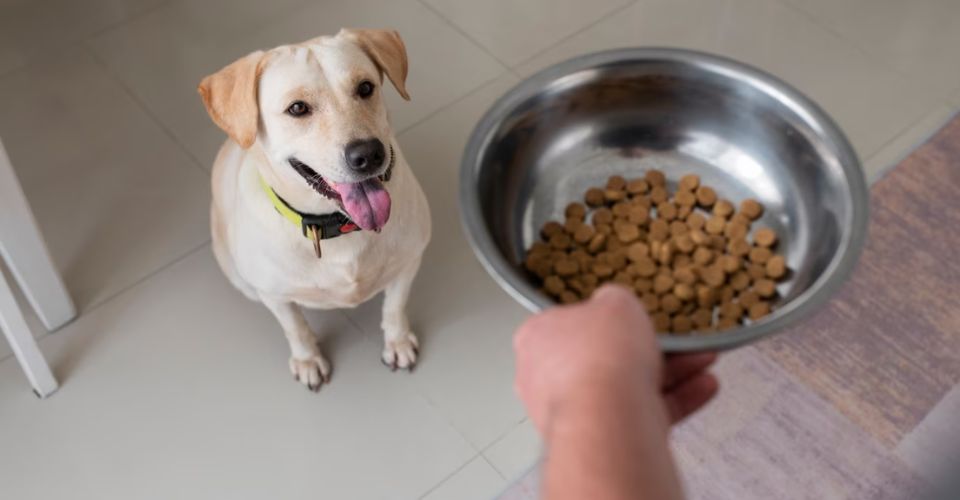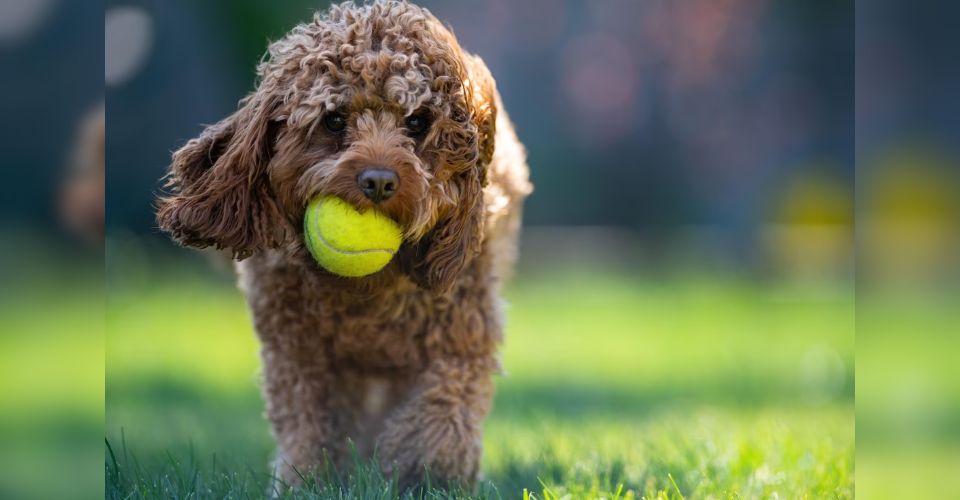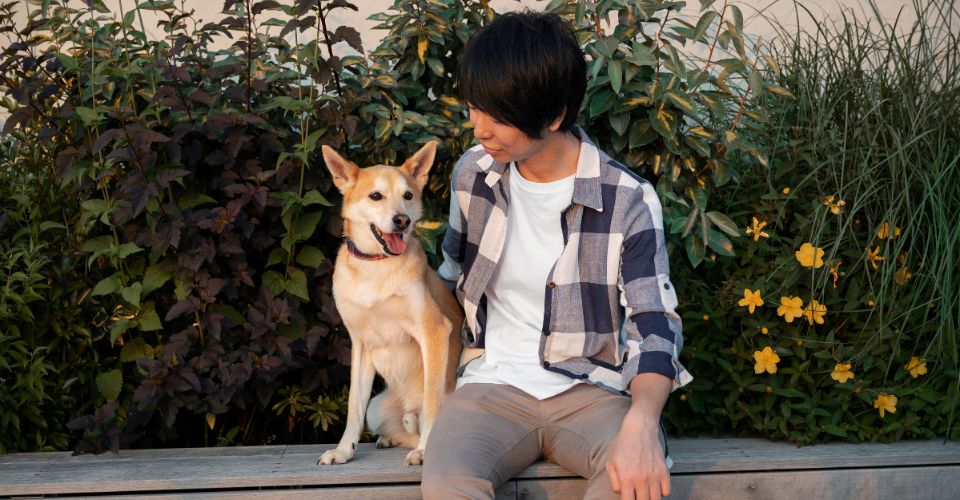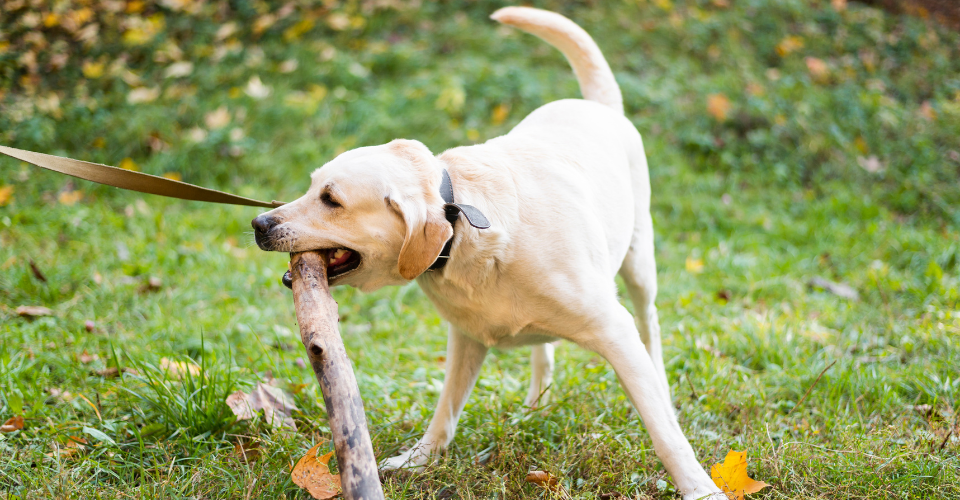Why is my dog sneezing so much?
If there are just one or two sneezes while he is playing with other dogs, your puppy is probably just laughing!
But if it is sneezing, coughing, accompanied by high fever and runny nose, this is the matter for you to be concerned about.
According to Dr. Laura Sullivan MRCVS, “dogs, just like people, do occasionally sneeze, which is normal and shouldn’t be a cause for concern. However, if your dog is sneezing very frequently or persistently, then it would be a good idea to see your vet.”
Why Do Dogs Sneeze?
So the first thing you should know is the science behind sneezing. What is sneezing?
In medicinal terms, “sneezing is the body’s way of expelling dirt or foreign substances from your nose or throat. A sneeze creates a powerful thrust of air that propels out all the irritants on its way. Sneezing is an involuntary action and often happens suddenly and without warning.”
Most of the dog’s body behavior is similar to humans. Just like us, dogs sneeze to remove dust, pollen, and other irritants. But dog sneezing is not just limited to expunging these menial particles, there can be serious underlying health issues causing sneezes.
Let’s see all the possible reasons behind dogs sneezing.
Reasons for Dogs Sneezing
i. A Blocked Nose
Also known as nasal congestion, a blocked nose means that your dog’s nose is stuffed by dust particles, grass, hair, spores, food remnants, boogers, etc.
It’s the instinct of canines to sniff everything when they first see it, and things get stuck there, which initiates the natural mechanism of the body to flush them out by sneezing.
ii. Cold
Why is my dog sneezing so much? One reason could be a cold.
Some dog breeds, especially single-coated, can’t sustain the harshness of cold weather. According to research, on average, dog breeds can bear temperatures as low as 45° F. However, dogs, such as Chihuahuas, Dalmatian, Vizsla, etc., are highly averse to chilly temperatures.
Due to this, if dogs get to stay in the cold for long, they get a runny nose, flu, watery eyes, congestion, and sneezing.
So, if your dog has been outside and now he is sneezing, he may have caught a cold.
iii. Brachycephalic Airway Obstruction Syndrome (Baos)
This syndrome is found in dogs having brachycephalic faces. This facial structure is also known as “flat-face,” in which dogs have a short skull and short muzzle.
Popular dog breeds that suffer from Baos are Pugs, Mastiffs, Bulldogs, Shih Tzus, etc. These dogs have short muzzles with narrow air ducts that cause anatomical compression on their nasal passages.
The symptoms of this syndrome include trouble breathing, panting, and sneezing, etc.
iv. Allergies
According to the National Animal Supplement Council (NASC), “allergies are the sensitivities of the body to allergens found in our environments.”
Normally, these stimuli are not dangerous for your dog, and they may develop some mild reactions. However, if your dog has extreme sensitivity, his immune system will respond to that by releasing histamines which can cause inflammation, itching, and sneezing.
Some of the common allergens dogs are exposed to in daily life are:
- Pollen
- Grass Awns
- Foxtails
- Air Fresheners
- Airborne Irritants
- Perfumes
- Weeds
- Mold
- Fungi
- Flea Saliva
v. Fungal Infection
In medicine, fungal infection is termed “Aspergillosis” or “Fungal Rhinitis,” which is engendered by “Aspergillus fungus.” The fungus attacks the nose and sinuses (air gaps within the skull) and blocks the airway. This, in turn, results in nasal discharge, nose bleeds, depigmentation, reverse sneezing, and sneezing, causing severe breathing problems.
vi. Nasal Mites
Another prevalent reason for your dog sneeze is nasal mites. These mites, Pneumonyssoides caninum or Pneumonyssus caninum, live in the nasal passages and sinuses and cause impaired scenting ability, nasal discharge, epistaxis (nasal bleeding), sneezing, etc.
vii. Nasal Tumor
Debbie Stoewen, a certified veterinarian, describes a nasal tumor as “a type of cancer that results from the disorganized uncontrolled production of cells that line the nasal airway.”
The most common nasal tumor in dogs is nasal adenocarcinoma, caused by genetic disorders or environmental factors, mainly the smoke from cigarettes.
The symptoms include noisy breathing, bumps on the nose, nasal discharge, sneezing, etc.
viii. Botfly
Other than microorganisms, such as fungus or bacteria, some botflies grow in dogs’ noses and cause health issues.
A botfly is a brownish fly that lays its first-stage larvae in the nostrils of dogs. The larvae then mature into large bots and feed upon the nasal passage and sinuses of the dog’s nose, causing itching, inflammation, excessive sneezing, and obstruction of airways.
ix. Reverse Sneezing
Reverse sneezing or backward sneezing can occur if your dog’s soft palate becomes itchy or irritated. In case you don’t know, the soft palate is a muscular area between the mouth cavity and the back of the throat that is responsible for vocalization, breathing, and swallowing the food.
In case of irritation in the soft palate, dogs find it difficult to inhale, and when they forcefully breathe in, it causes reverse sneezing.
x. CoronaVirus
Sneezing can also be caused by COVID-19 in dogs.
A small number of dogs are reported to be infected with SARS-CoV-2 in the United States. The symptoms of Coronavirus include:
- Coughing
- Difficulty Breathing or Shortness of Breath
- Lethargy and Sluggishness
- Sneezing
- Runny Nose
- Eye Discharge
- Vomiting
- Diarrhea
- Fever
xi. Play Sneezing or Emotional Sneezing
In the doggy world, dogs use sneezing as a tool to communicate with each other. That’s their way of saying, “hey buddy, I am having a good time, let’s keep it going.”
This type of sneezing is a signal that your dog waves to other dogs while playing. This signal indicates that the dog has positive intentions. If the play is rougher, a sneeze may mean that they mean no harm and do not wish to escalate into a fight.
When to Take Sneezing Seriously?
If your dog sneezes one or two times and his body language is not depicting any painful situation, then it’s okay. You can let it pass. But if he shows any one of the following symptoms, consult your vet right away.
i. Frequent Sneezing
If your dog sneezes frequently, violently, or uncontrollably, this could be an allergic reaction. If that remains there for more than 30 minutes, your dog needs a vet immediately.
ii. Sneezing, Runny Nose, and High Fever
Excessive sneezing accompanied by a runny nose and high fever is the red signal for canine influenza virus.
Look for the signs, such as sneezing, persistent coughing, a reduced appetite, fever, lethargy, rapid breathing, difficulty in breathing, a runny nose, or thick yellowish mucus.
There are two forms of dog flu; symptoms of the mild form include a cough that lasts for 7 to 10 days, while symptoms of the more severe condition include a high fever, pneumonia, or even Coronavirus.
iii. Sneezing With Blood Discharge
This is the worst kind of sneezing. While other types of sneezing cause irritation or high fevers in your dog, sneezing with nasal blood discharge can be debilitating and cause severe pain, along with trouble breathing.
Sneezing with blood discharge is the red flag of a nose injury, nasal mites, nasal tumors, canine aspergillosis, etc.
How to Treat a Dog’s Sneezing at Home?
Though we do not recommend treating your dog at home, there is a possibility that a vet is not readily available in some emergency situations, and you have to do something to help out your dog.
Dr. Jeff Werber, a certified veterinarian having 35 years of experience, says, “if your dog’s nasal discharge is clear and watery and if your pet is acting fine (eating well, not coughing, etc.), there is no need to panic.”
However, if the discharge is colored red, yellow, white, or green, take your dog to the vet immediately.
Dr. Werber further adds, “if the nose is bleeding, you should hold a tissue, soft cloth, or even a towel to the nose, and hold the head back to try and control the bleeding and get to your veterinarian or an emergency facility as soon as possible.”
Dr. Jenna Sansolo of Ardsley Veterinary Associates says on dog sneezing, “every dog is different, just like every person, whenever you notice something out of the ordinary for your dog, it is never wrong to have your veterinarian take a look.”
Why is my dog sneezing so much? There could be various reasons behind your dog sneezing. We have discussed some of the reasons. But this should not be taken as an exhaustive list; neither does it substitute a vet’s opinion.

